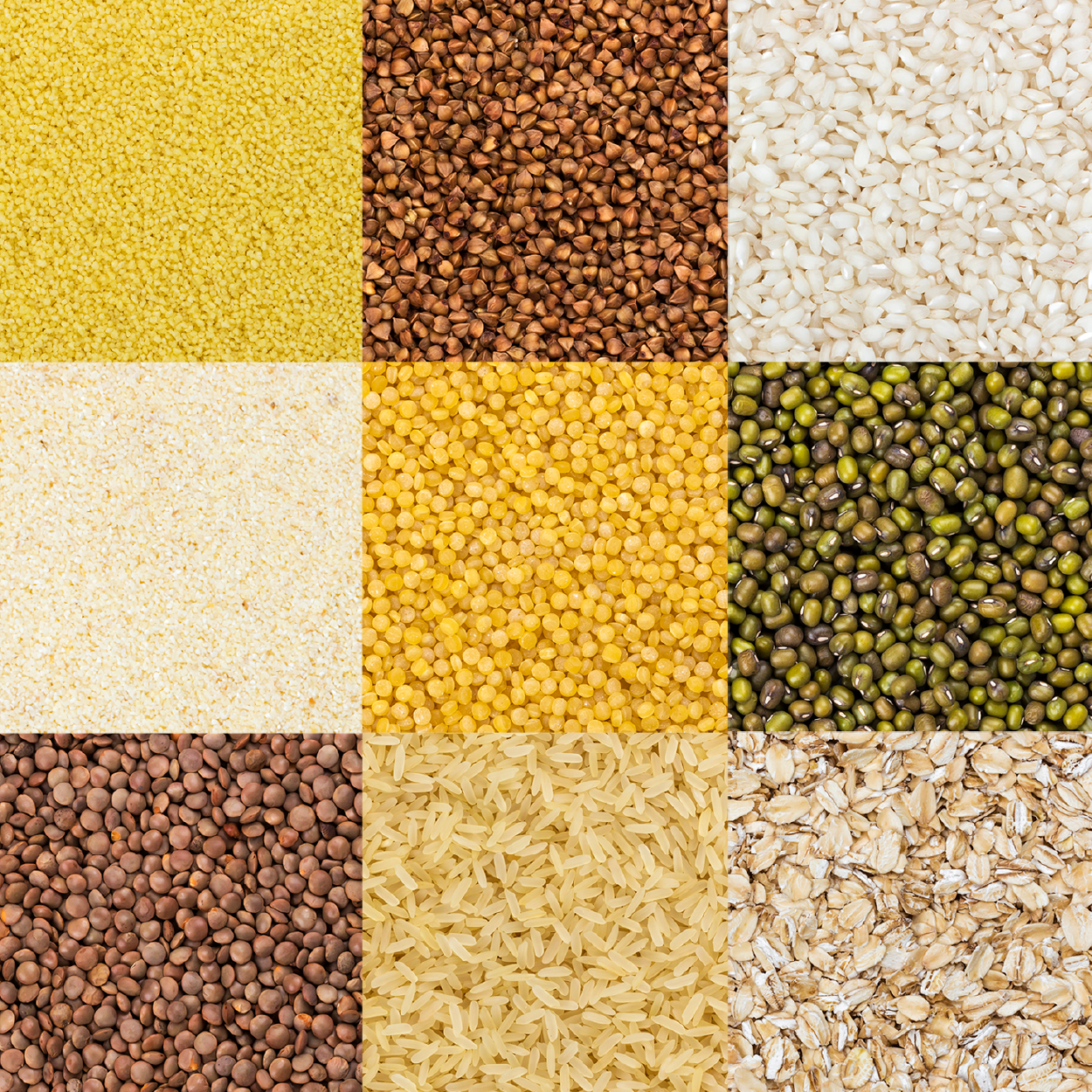The glycemic index is important because it helps adults with type 2 diabetes (and adults with pre-diabetes or adults without diabetes) monitor their carbohydrate consumption — so choosing “good” carbs is important.
Adults with type 2 diabetes routinely monitor metrics that are implicated in diabetes management and monitoring. The most common and most familiar metric adults with diabetes monitor is their HbA1C, a measure of their average blood glucose (sugar) over a two-to-three-month period. While knowing your HbA1C is important, another important metric is the glycemic index.
The glycemic index is important because it helps adults with type 2 diabetes (and adults with pre-diabetes or adults without diabetes) monitor their carbohydrate consumption. Carbohydrates can be “good,” e.g., whole grains, vegetables, beans and legumes, and fruits and vegetables. Carbohydrates can also be “bad,” e.g., simple carbs like white bread, enriched or refined pasta, enriched or refined dough, pastries, or white rice. Removing a food group from your daily food consumption is not the answer. Rather, understanding how certain foods affect your blood glucose is part of the answer.
What is the Glycemic Index?
The glycemic index measures how the food you consume affects your blood glucose levels. The glycemic index is a tool that brings your conscious awareness to the nutritional value of the foods you are consuming. It measures how quickly the food you consume causes your blood glucose to rise. Foods with a lower glycemic index offer more control of your blood glucose while foods with a higher glycemic index can cause spikes in your blood sugar, which can be problematic for adults with type 2 diabetes.
The glycemic index is a scale that ranges from 0 to 100; it ranks food with carbohydrates based on how quickly the food elevates blood glucose. There are three categories: low, medium, and high:
- Low glycemic index (1 – 55) foods do not cause spikes in blood glucose.
- Medium glycemic index (56 – 69) foods affect blood glucose but do not lead to spikes.
- High glycemic index (70 – 100) foods cause spikes in blood glucose.
Why Whole Grains Matter: Choosing the “Good” Carbs
It’s important to follow a nutritionally balanced diet to ensure you are meeting daily requirements for macro- and micronutrients such as carbohydrates, fats, protein, fiber, vitamins, and minerals. Foods that contain whole grains offer the best dietary protection against spikes in blood glucose and blood glucose control.
Consuming foods with a lower glycemic index is one way to ensure your nutritional needs are met. Lean proteins such as chicken or beef, eggs, and fish, for example, do not have a glycemic index because they have a minimal impact on blood sugar, so they are generally not included in the list of low glycemic foods.
- Whole grains contain fiber. Whole grains are a rich source of soluble fiber. Fiber promotes satiety and delays the absorption of carbohydrates, which stabilizes blood glucose. Slower digestion does not lead to spikes in blood sugar.
- Whole grains are a low glycemic index food. Whole grains such as quinoa, oatmeal (steel cut or rolled), carrots, non-starchy vegetables, nuts, legumes, and beans, to name a few, increase insulin sensitivity and offer improved glycemic control.
- Whole grains promote satiety and weight management. Because whole grains promote satiety, they reduce snacking between meals and naturally limit how much food you need to feel full, while meeting daily nutritional needs.
Which Foods Should You Focus On?
Low glycemic foods (1 – 55)
- Green vegetables
- Fruits such as apples, pears, or oranges
- Uncooked carrots
- Chickpeas and lentils
- Peanuts or cashews
Medium glycemic foods (56 – 69)
- Corn
- Raisins
- Cherries
- Bananas
- Brown rice
- Multigrain or whole grain wheat bread
Which Foods Should You Avoid or Restrict?
High glycemic foods (70 -100) such as:
- White rice
- White bread
- Doughnuts & pastries
- Watermelon
- Potatoes
Not All Carbs Are Bad
All carbohydrates are not unhealthy or bad for you, so removing all carbohydrates from your daily food consumption is not the answer. Instead, focus on including foods that have healthier carbohydrates that confer an advantage for increasing insulin sensitivity. Strategies to consider:
- Swap white rice for brown rice or quinoa.
- Swap white bread for whole grain bread.
- Swap instant oatmeal for steel cut.
- Swap corn for a dark leafy green vegetable.
Remember, a healthy diet is a balanced diet. Removing an entire food group is not the answer. Instead, restrict or limit foods that will cause spikes in blood sugar. Before starting any change in diet or exercise program be sure to consult with your health care provider to determine the changes that are best for you.
About the Author: Dr. Dawn M. Sweet has over 20 years of experience in the field of communication. Sweet has given several invited talks to and workshops for academic and private sector audiences on the role of nonverbal and verbal communication in achieving positive outcomes and mitigating bias. Her research has been published in several top ranked peer-review journals, and it has been featured on NPR’s River to River / All Things Considered, Buzzfeed, and Science Daily. Her research has also been used to inform expert testimony.
The information provided on this platform is intended for informational purposes only. It is not a substitute for professional medical advice, diagnosis, or treatment. Always seek the advice of your physician or other qualified health provider with any questions you may have regarding a medical condition. Never disregard professional medical advice or delay in seeking it because of something you have read on this platform. Furthermore, the information provided here has not been reviewed or approved by a health care professional. Any reliance you place on such information is strictly at your own risk. We do not endorse or guarantee the accuracy, completeness, or usefulness of any information provided. It’s important to consult with a qualified health care professional before making any changes to your diet, exercise, medication, or treatment regimen. Reliance on any information provided on this platform is solely at your own risk.





